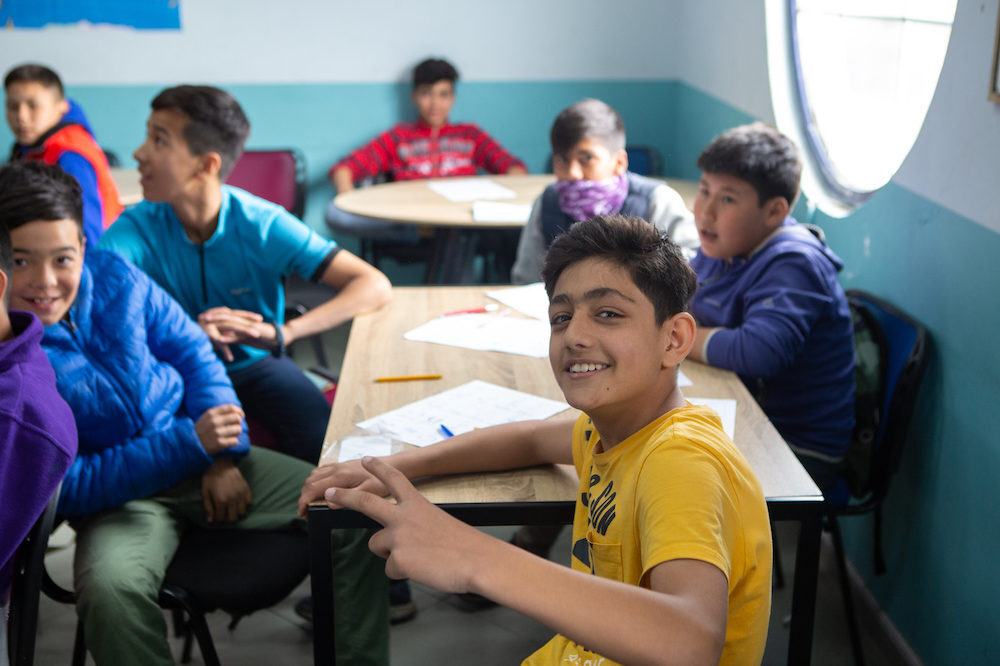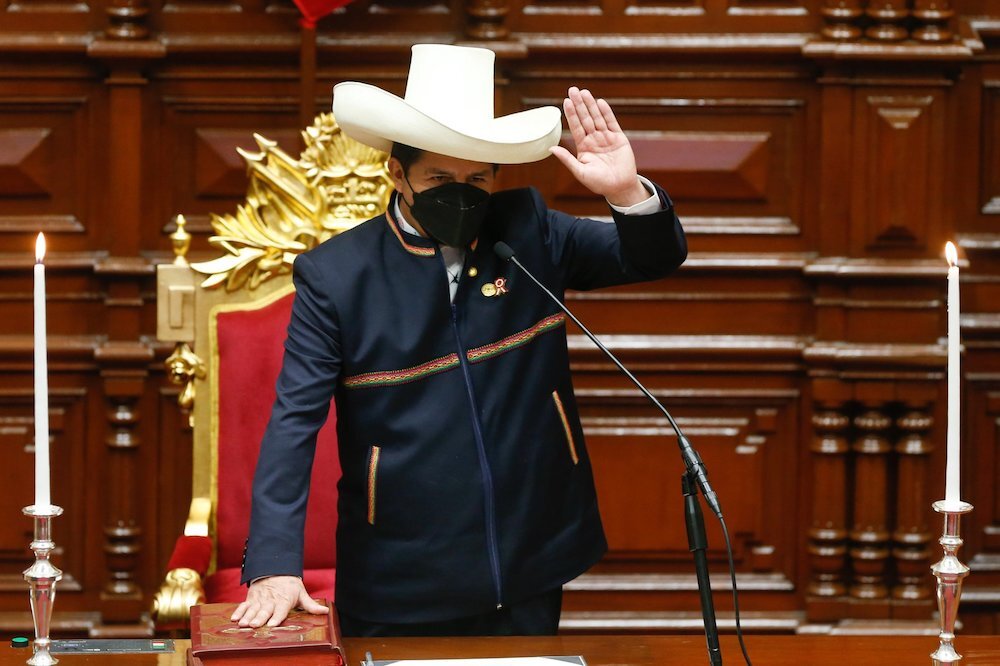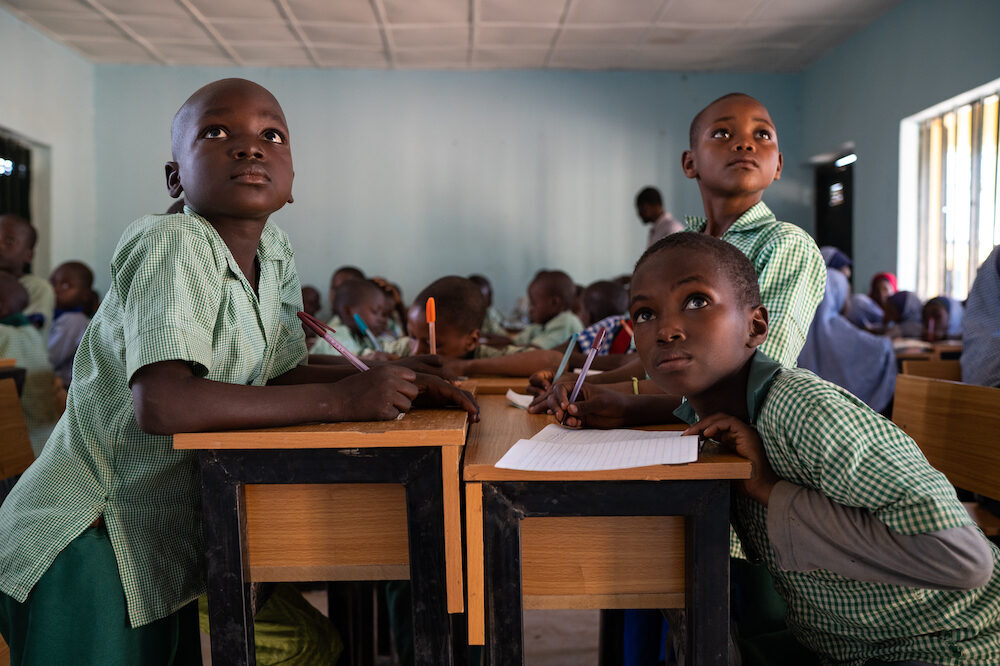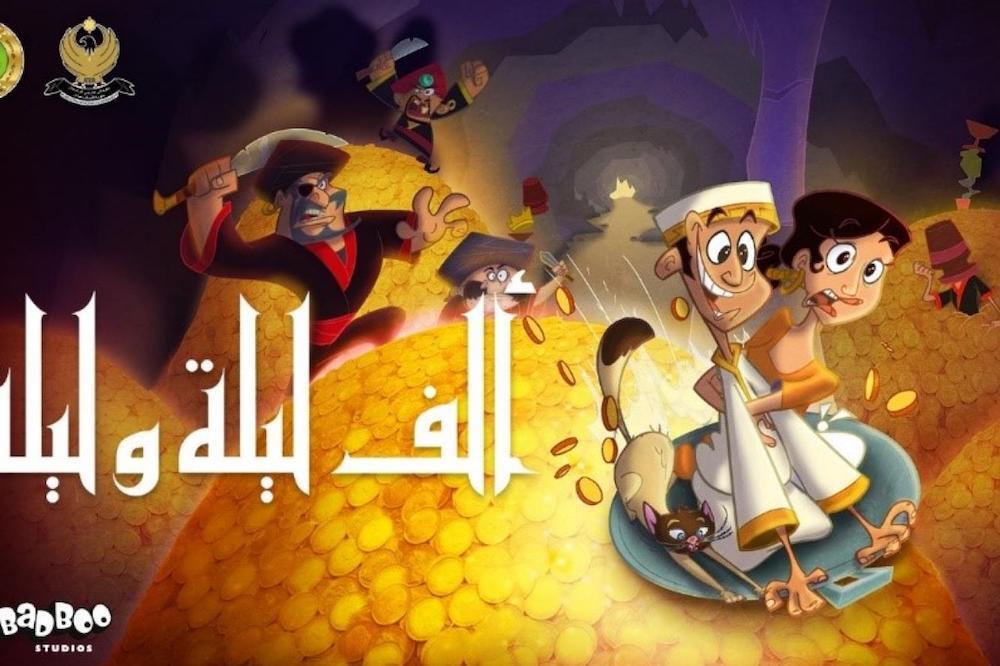
Five things you need to know this week about global education

Children in conflicts, Education in emergencies, Refugees and internally displaced people
Theirworld's vital role in helping refugee children into schools in Greece has been recognised - and we spotlight the primary school teacher who has become a president.
Theirworld plan for refugee children is praised
Theirworld’s efforts to help deliver education to all refugee children in Greece have been highlighted by Human Rights Watch.
The organisation hailed “a positive move” last month which saw UNICEF and the Greek government adopt a plan devised by Theirworld to provide all 26,000 school-age refugee children with education over the next three years.
The move will cost $40 million – or roughly $1 per child per day – and Human Rights Watch said the European Commission should “provide full support for this plan”.
Greece is home to about 90,000 refugees, more than half of them children. The vast majority have fled repression, violence and conflict in Syria, Afghanistan and Iraq.
Human Rights Watch said only one in seven children living in camps were at school in the past year. It called on the Greek government to urgently reform policies so that every child can go to school when the new academic year begins in September.
“The Greek government needs to fix access to education for refugee children before the start of this coming school year,” said Bill Van Esveld, associate children’s rights director at Human Rights Watch. “The European Commission should demand better results, and protect the rights and futures of thousands of children.”
The blueprint for reform was set out by Theirworld in our 2020 report, Finding Solutions to Greece’s Refugee Education Crisis. It was adopted by Greece and UNICEF last month in a move described by Theirworld President Justin van Fleet as “a breakthrough for refugee children”.
From primary school teacher to president

Pedro Castillo, a former school teacher, won the election by just 44,000 votes (Pedro Castillo / Twitter)
Peru’s new president – who was a primary school teacher for 25 years – has declared a state of emergency in public education and promised to increase its budget.
Pedro Castillo, 51, who has never held national office, made the pledge in his inaugural speech after his shock election victory.
As a child, he walked for two hours to reach his school. Castillo worked as a teacher until last year – only coming to prominence as a union official during a teachers’ strike in 2017.
He is married to a teacher and has said that during his presidency he will only take the equivalent of a teacher’s salary.
Schools closed over student kidnappings

Hundreds of Nigerian students have been abducted since December (UNICEF / Owiocho)
All schools in the northern Nigerian state of Kaduna have been closed for three weeks amid a spate of student kidnappings.
Kidnappers who raided a boarding school in the state earlier this month released 28 children on Sunday, although another 81 remain in captivity.
The attack on the Bethel Baptist High School was the 10th mass school kidnapping since December in the northwest region, which authorities have blamed on criminal gangs seeking ransom payments.
Meanwhile in Niger state, bandits seized a negotiator who had been sent to pay ransom money to secure the release of 136 students kidnapped from a school two months ago.
1001 Nights series reaches 20m views

The series uses cartoons, discussions and activities to teach children life skills
A multi-platform series called 1001 Nights, which was launched in Iraq during the pandemic to provide alternative learning to children, has racked up more than 20 million views on Facebook.
It uses cartoons, discussions and activities, and can be accessed on TV, radio, internet and printed media.
Supported by the education ministry, 1001 Nights was designed to teach civic values, critical thinking and life skills.
The series is aimed at reaching more than 50,000 children, including 20,000 internally displaced children and Syrian refugees.
Misery of children whose schools are still shut
Anxiety, violence & teenage pregnancy all on the rise amid widespread school closures due to #COVID19.
With remote learning out of reach for many children, @UNICEF is stressing the need for schools to safely reopen as soon as possible. https://t.co/EQiuGrF6nz
— United Nations (@UN) July 28, 2021
More than 600 million children are still affected by Covid-related school closures in countries whose classes are not closed for the holidays.
In Eastern and Southern Africa, 40% of children aged five to 18 are currently out of school, according to UNICEF estimates. In some countries, such as Uganda, this has led to a 20% spike in teenage pregnancies in the past 15 months.
In nearly half of countries in Asia and the Pacific, schools have been closed for around 200 days.
“In all continents we’ve seen child helplines, a good precursor to understanding kids who are reporting violence, seeing often triple-digit increases,” said UNICEF spokesman James Elder.
More news

